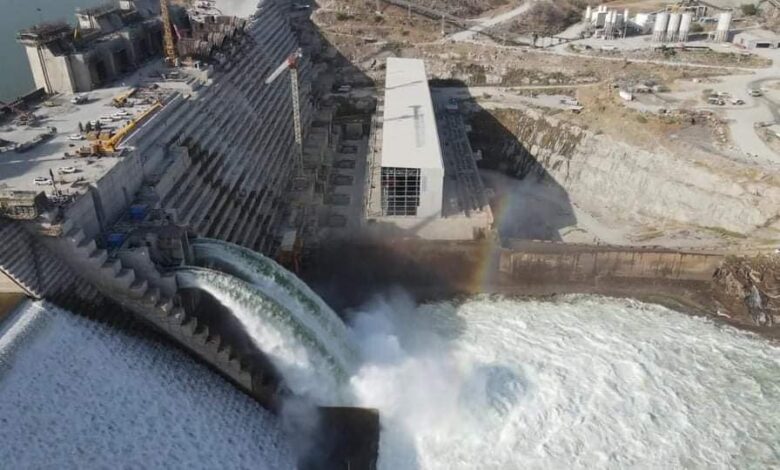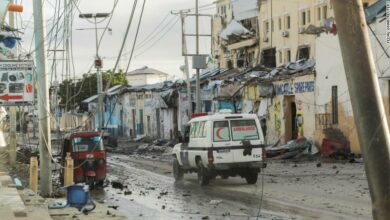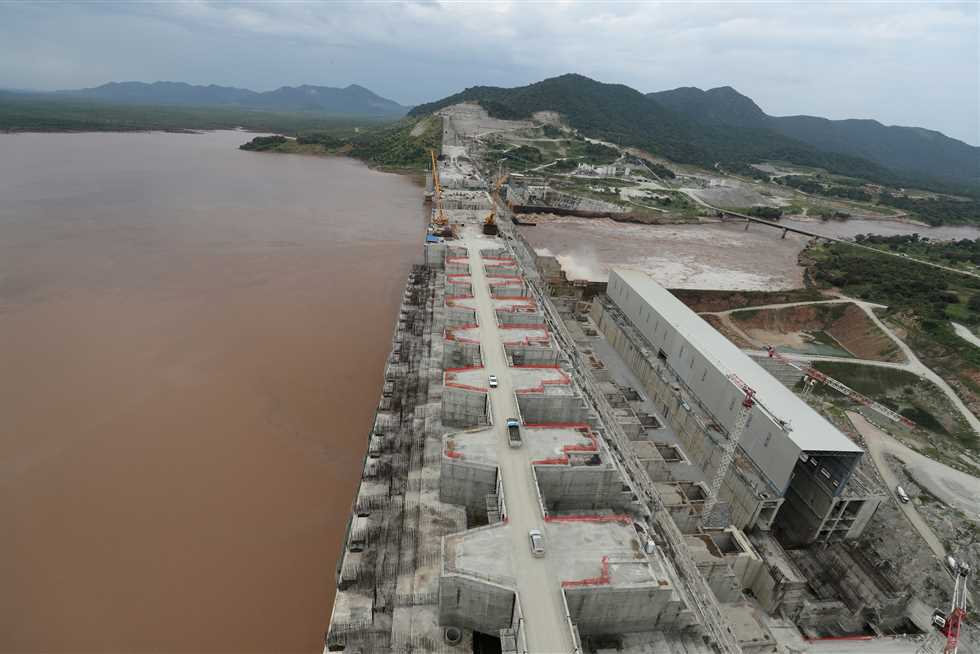
Egyptian Prime Minister Mostafa Madbouly on Sunday stressed that his country adheres to its historical rights to the waters of the Nile River.
“There is a basic specific margin for increasing the agricultural area, which is water, and therefore we seek to benefit from every drop of water in Egypt,” the Prime Minister said in response to a question about increasing the agricultural area during a press conference.
“Egypt has clear historical rights in the Nile River, and we do not stand against any development in the Nile Basin countries. On the contrary, we help, but we do not accept any harm to our water resources, and we do not stand against development in the Nile Basin countries,” he added.
This comes amid the nation’s ongoing decade-long dispute with Ethiopia over its Grand Ethiopian Renaissance Dam, which Egypt fears will affect its historical share of Nile River’s waters.
Negotiations over the GERD have officially stopped since April 2021, after Egypt, Sudan and Ethiopia failed to reach an understanding before the start of the second filling of the dam, which Ethiopia implemented in July.
Cairo and Khartoum reject Ethiopia’s insistence on filling the dam before reaching a binding agreement on filling and operation.
Egypt, which relies considerably on freshwater from the Nile, has voiced fears that the GERD would negatively impact the country’s water supply.
Egypt has also insisted that measures be put into place to protect downstream countries in case of drought during the dam’s filling process.
Egypt and Sudan say they want a legally binding agreement, while Ethiopia says any pact should be advisory.
Egypt and Sudan consider the dam a threat to their vital water supplies, while Ethiopia considers it essential for development and doubling its electricity production.
The downstream nations fear possible blows to water facilities, agricultural land, and overall availability of Nile water.
Negotiations over the dam between Egypt, Ethiopia, and Sudan have stalled for years, with the three parties ultimately failing to reach any concrete agreement.
The disputed dam is the largest hydroelectric project in Africa, with a cost of more than four billion dollars. The construction of the dam began in 2011.
It is considered to be one of Egypt’s most serious water issues.



